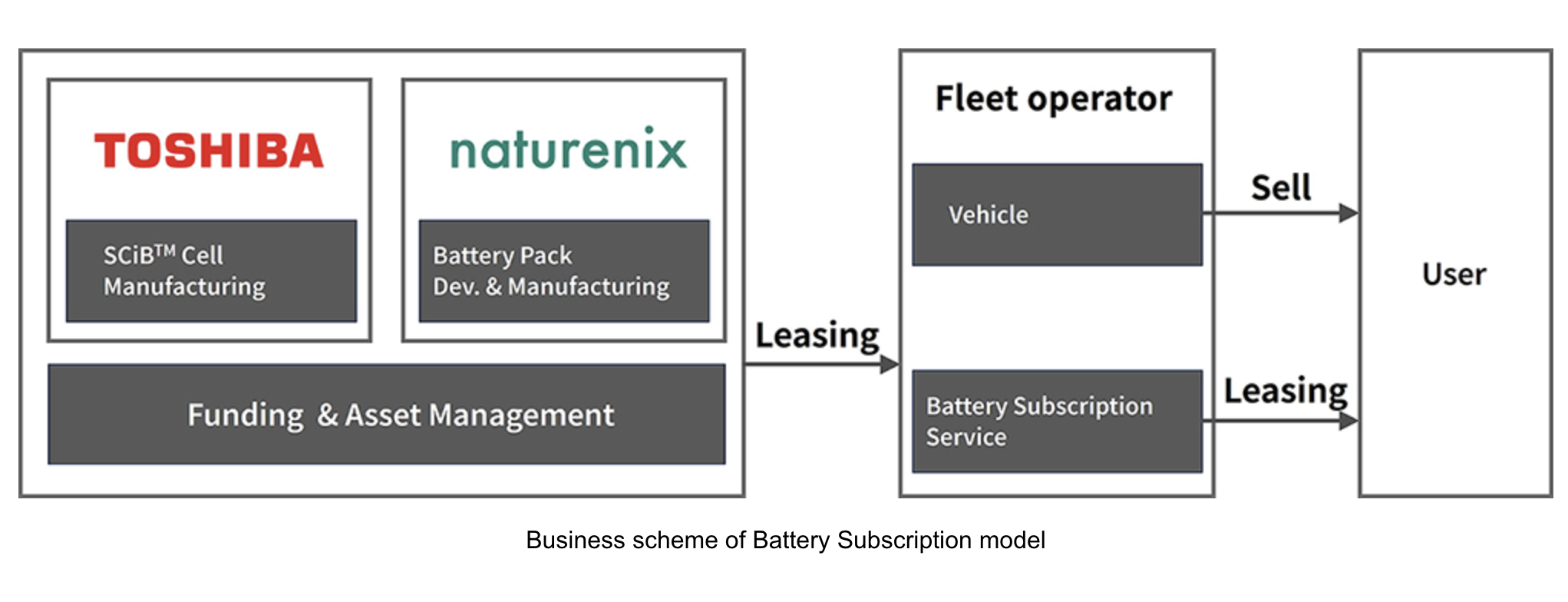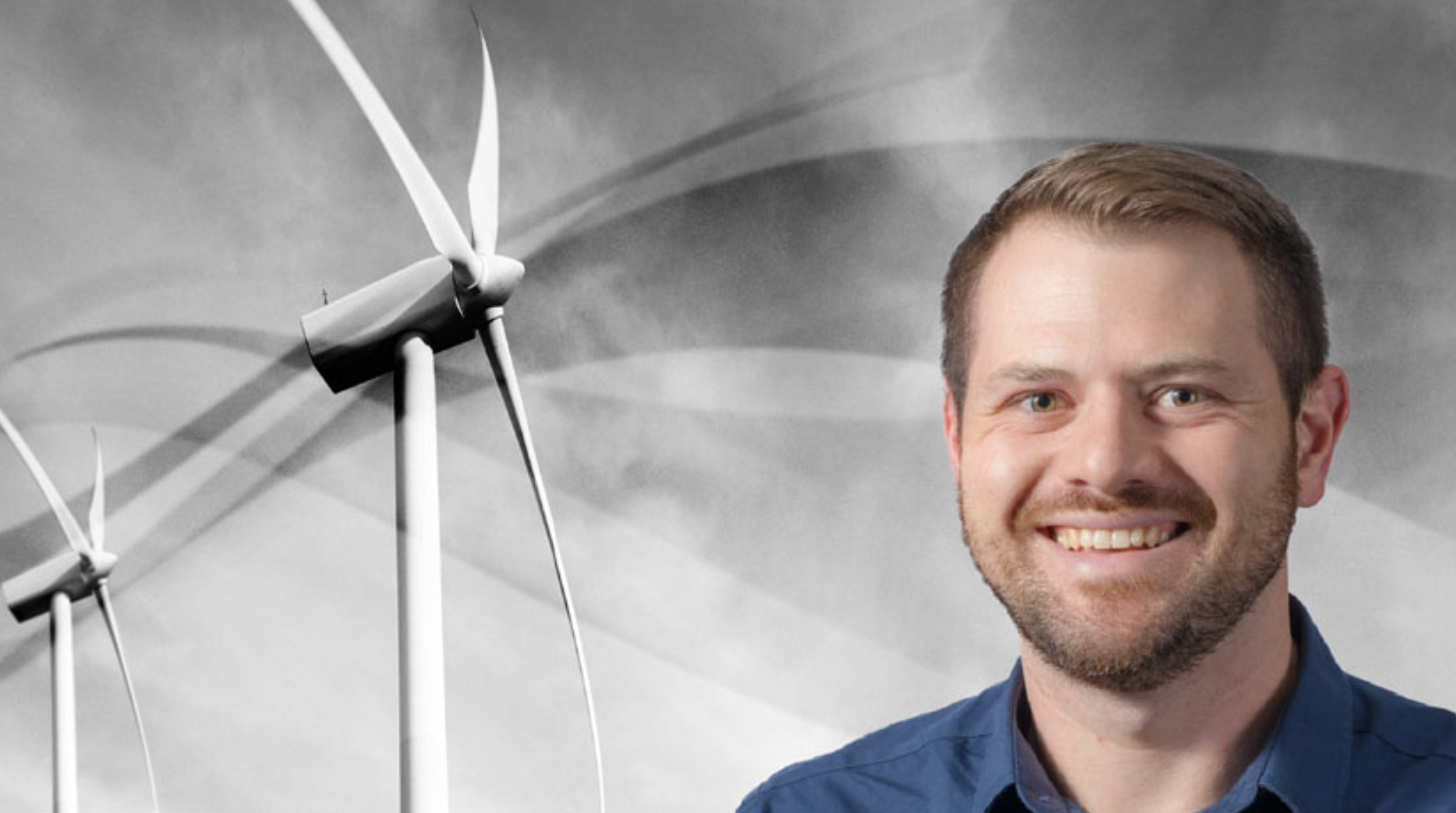Sign up for daily news updates from CleanTechnica on email. Or follow us on Google News!
Bangkok electric motorcycle taxis help travelers manage traffic congestion. Yet, previously, the batteries from the EV taxis suffered from high temperatures. The issue is especially noticeable in two- and three-wheeled vehicles, where adding cooling devices is challenging, particularly in hotter nations like Thailand. Expensive lithium-ion batteries sometimes need to be changed after only one or two years of operation, making them economically inefficient and limited.
Toshiba’s “SCiB” rechargeable lithium-ion batteries, which are well-known for their dependable, long-lasting performance in extremely hot or cold temperatures, are being used now in a new performance test to address this shortcoming and ensure more stable, longer-lasting operation of electric motorcycle taxis. This will minimize the huge initial investment in a battery and cut running expenses. This trial, which began in Bangkok, will provide good news to many cities dealing with congestion and the increasing urban heat challenges caused by climate change.
Toshiba Corporation and Shimane University–based battery tech startup Naturenix Inc. started trialing a battery subscription service for electric motorcycle taxi drivers in Bangkok, Thailand, on September 30, 2024, with these SCiB rechargeable lithium-ion batteries. Improved battery life will help cut material use and contribute to a smaller environmental footprint.

The need for lithium-ion batteries in developing economies
By 2035, demand for lithium-ion batteries in emerging economies is expected to exceed 600 GWh. Just 2.8% of that is expected to come from lithium-ion batteries for motorcycles and three-wheeled vehicles, both of which are often utilized for daily transportation. The new developments by Toshiba and Naturenix, though, are expected to open up a large market for motorcycle and three-wheeler batteries. The collaboration and testing address both reasons for low demand in a field where batteries may play a significant role, including deterioration and safety concerns.
The battery pack’s data analysis features continually verify the battery’s state. This is relayed to AI, which can deliver extremely precise estimates of battery degeneration. Depending on the degree of degradation, it can be reused in many different kinds of applications, such as a stationary storage battery.
“The Toshiba’s battery SCiB™ used in the demonstration test is characterized by its long life and high level safety, with minimal performance deterioration even after over 20,000*2 charge-discharge cycles. This longevity is particularly important in hot environments like Thailand. It also has excellent safety features, making it less likely to experience abnormal heating or ignition, even in the event of an internal short circuit,” Toshiba writes.
“Naturenix’s packing and charging technologies minimize heat generation by reducing internal resistance to the extent possible. By utilizing these technologies, the company aims to achieve longer battery life and higher output, as well as faster recharging, in as short a time as six minutes. It also expects to reduce the number of batteries on standby for recharging, and by doing so cut the service operating costs.”
Naturenix will lease batteries to its clients, who are electric motorcycle drivers, on a subscription basis via fleet operators. It enables fleet operators to supply electric motorcycles to their customers without incurring the cost of batteries, lowering the high initial costs associated with electrification. Toshiba, the battery producer, plans to generate consistent revenue from battery leases, manufacturing, and sales.
Featured image: “Traffic jam on Phahonyothin Road, near Ha Yaek Lat Phrao BTS station, 2 December 2023” by ILikelargeFries (public domain image).

Chip in a few dollars a month to help support independent cleantech coverage that helps to accelerate the cleantech revolution!
Have a tip for CleanTechnica? Want to advertise? Want to suggest a guest for our CleanTech Talk podcast? Contact us here.
Sign up for our daily newsletter for 15 new cleantech stories a day. Or sign up for our weekly one if daily is too frequent.
CleanTechnica uses affiliate links. See our policy here.
CleanTechnica’s Comment Policy





